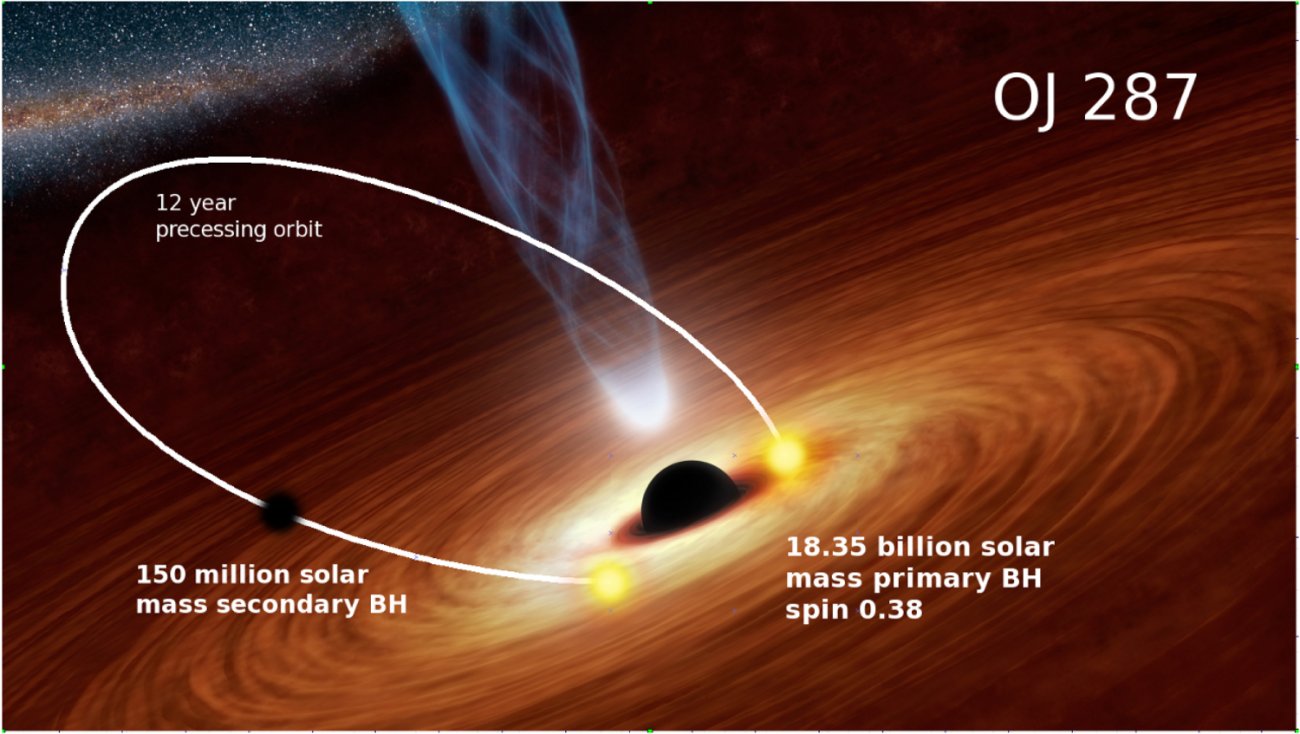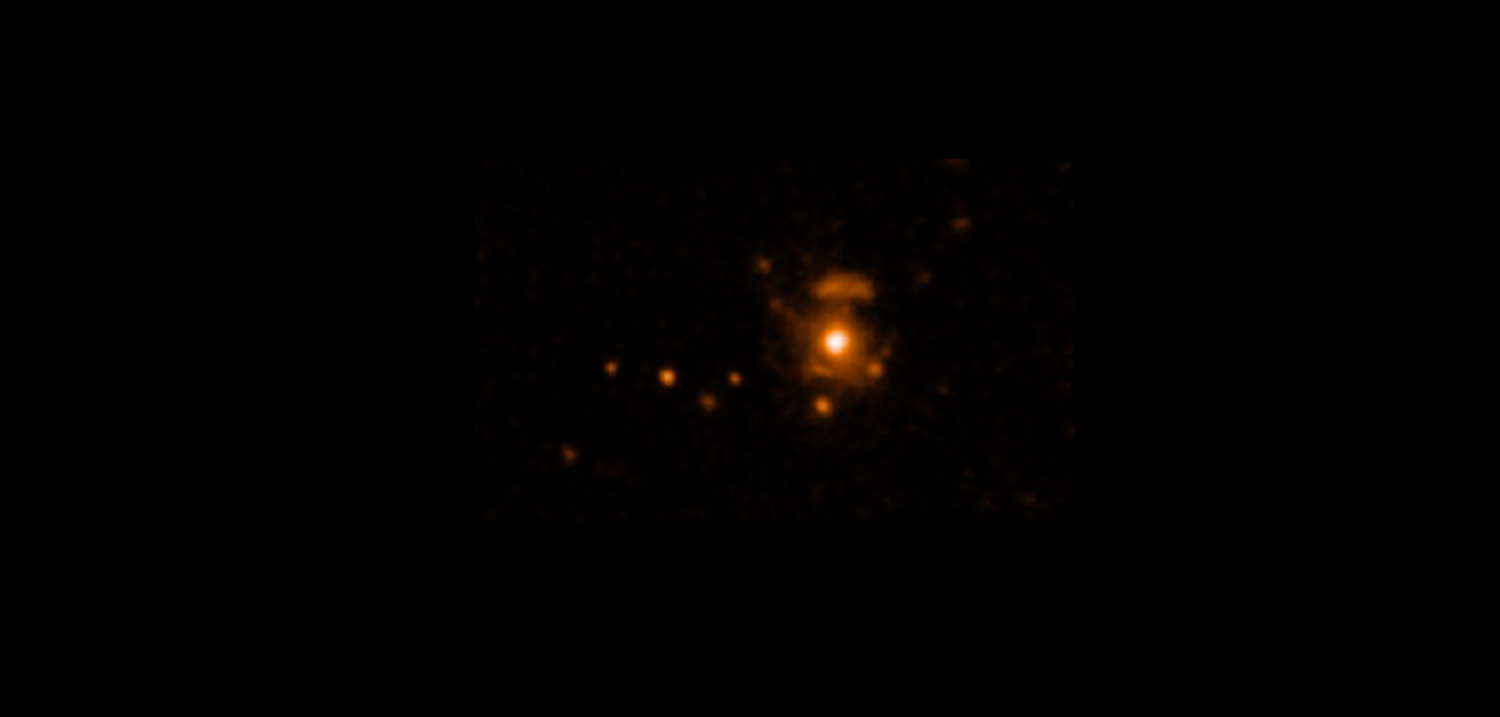The cracking and friction of coffee beans during grinding generates some static electricity. This causes the ground coffee particles to stick together into larger clumps and stick to the grinder. But coffee beans with higher humidity produce less static electricity, which, scientists point out, allows them to extract a more intense aroma.
The description and results of the research were published in the journal “Madda” (DOI: 10.1016/j.matt.2023.11.005).
A volcanologist examines coffee
The trick is to reduce the amount of static electricity produced when grinding coffee beans, which causes them to stick together and clog the grinder. This treatment, according to the researchers, allows a more intense flavor to be extracted from the coffee beans.
“Moisture, whether it is residual moisture inside the coffee beans or external moisture added before grinding, determines the amount of charges generated during the process,” says Christopher Hendon, a chemist at the University of Oregon. “Not only does water reduce static electricity and thus reduce grinding mess, but it can also have a significant impact on the density of the drink and potentially the ability to achieve higher concentrations of beneficial flavors,” he adds.
Hendon has been researching coffee for years. He pointed out in his previous works that freezing coffee beans improves the taste of the drink prepared from them. Interestingly, in new research he joined forces with… a volcanologist from the University of Oregon, Joshua Mendez Harper (now at Portland State University). Together, the scientists investigated which coffees tend to stick together when grinding, why this happens and how it affects the final outcome of the entire process, the coffee.
The researchers looked at several brands of store-bought coffee. They also tested beans they roasted themselves in the laboratory. These beans came from different farms and had different roasting times, which affected the amount of moisture they contained. They measured the static electricity in each serving of ground beans. They also tested the particle size of freshly ground coffee, and of course the taste of the drink.
Grinding coffee beans into small particles creates a lot of friction as the beans rub against each other and break. This generates static electricity. As Harper notes, something similar happens in volcanic ash clouds, when particles of material ejected from the Earth's interior rub against each other, creating an atmospheric discharge, i.e., lightning.
– During the eruption, the magma breaks up into several small pieces, which then seeps out of the volcano in the form of a large column. During the entire process, these particles rub against each other, creating a charge and eventually lightning. In simple terms, it's like grinding coffee, where you take the beans and grind them into a fine powder, explains Harper.
How to improve the taste of coffee?
Scientists did not find any link between static electricity and the country of origin of the coffee or the way it was processed. They linked it to moisture and the size of ground coffee particles. Less electrostatic charge is created when the coffee has a higher moisture content and when it is ground into coarse pieces. Scientists have shown that most of the static electricity in ground coffee comes from the cracking of the beans during grinding and, to a lesser extent, from friction between them.
As for the types of grains that tend to clump together during grinding, the drier, darker grains used in the experiments produced more static electricity than the lighter grains. Scientists suspect that this may be due to the fact that dark beans, i.e. roasted for a longer time, are more fragile and contain less moisture.
Scientists have also shown that adding a little water to coffee beans before grinding results in longer coffee extraction times and a stronger drink. Although more experiments are needed to test different types of grinders and brewing methods, the researchers concluded that adding moisture to coffee beans solves the problems of grind clumping and poor extraction, while helping to produce a tastier beverage. Hendon recommends adding approximately 20 microliters (1 liter = 1,000,000 microliters) of water per gram of coffee to improve the consistency and flavor of the coffee.
Earth sciences and economics
But coffee research also has a lot to contribute to Earth sciences. — There is a lot of information about how coffee breaks and how it interacts with water. Harper emphasizes that this research could help solve parallel problems in geophysics – whether landslides, volcanic eruptions or water seeping through soil.
The researchers also say the results of coffee extraction could have huge economic implications for the $343.2 billion coffee industry. – Increase concentration by 10-15 percent. Hendon says that the dry matter of the same coffee material has significant implications for saving money and improving quality.

Echo Richards embodies a personality that is a delightful contradiction: a humble musicaholic who never brags about her expansive knowledge of both classic and contemporary tunes. Infuriatingly modest, one would never know from a mere conversation how deeply entrenched she is in the world of music. This passion seamlessly translates into her problem-solving skills, with Echo often drawing inspiration from melodies and rhythms. A voracious reader, she dives deep into literature, using stories to influence her own hardcore writing. Her spirited advocacy for alcohol isn’t about mere indulgence, but about celebrating life’s poignant moments.









